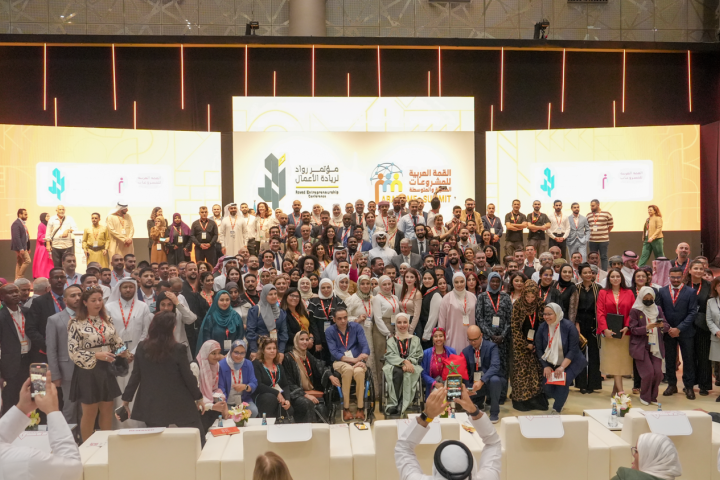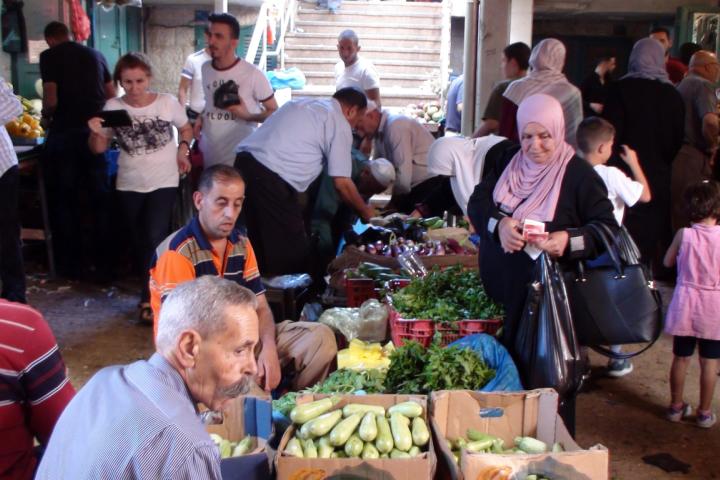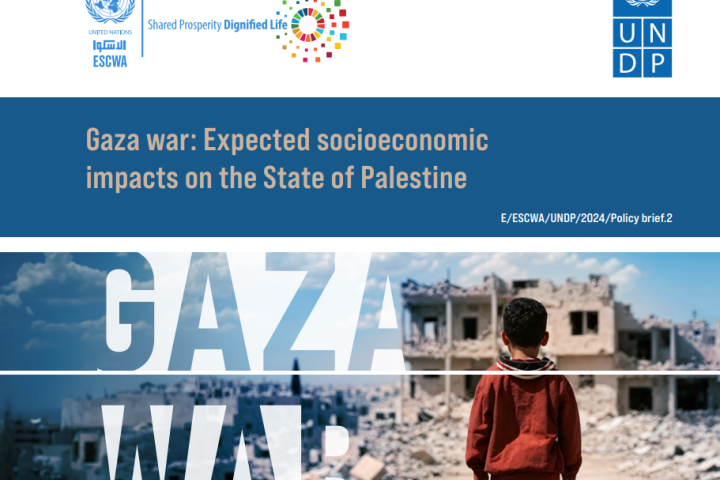Press release
13 Dec 2017
Beirut, Lebanon
Moderate growth in Western Asia in 2018: UN report
According to the report, in 2017, world economic growth has reached 3 per cent—the highest growth since 2011— as crisis-related fragilities and the adverse effects of other recent shocks subside. The improvement is widespread, with roughly two-thirds of countries worldwide experiencing stronger growth in 2017 than in the previous year. Global growth is expected to remain steady at 3.0 per cent in 2018 and 2019.
Growth prospects in Western Asia
Despite the improvement in global conditions, the economic outlook for Western Asia is mixed, clouded by oil market developments and geopolitical factors. The real GDP growth rate of the oil producing economies in the region, mainly the member states of the Gulf Cooperation Council (GCC), declined to recent lows in 2017, largely due to the coordinated cuts in crude oil production led by the Organization of the Petroleum Exporting Countries (OPEC). The recent recovery in oil prices is expected to contribute to only a moderate improvement in 2018.
Stagnating growth in the GCC economies has caused a decline in intra-regional resource flows from GCC economies to the region’s oil-importing economies. External conditions for growth have deteriorated, particularly in Jordan and Lebanon amid stagnation in intra-regional trade, workers’ remittances, portfolio investments and foreign direct investment. Meanwhile, the geopolitical situation continues to affect the economies in the region. Economic conditions in the Syrian Arab Republic and in Yemen remain dire as both countries face humanitarian crises due to the ongoing conflict.
Risks and policy challenges
Despite the improved short-term outlook, the global economy continues to face risks—including changes in trade policy, a sudden deterioration in global financial conditions and rising geopolitical tensions.
The world economy also faces longer-term challenges. The report highlights four areas where the improved macroeconomic situation opens the way for policy to address these challenges: increasing economic diversification, reducing inequality, supporting long-term investment and tackling institutional deficiencies. The report notes that reorienting policy to address these challenges can generate stronger investment and productivity, higher job creation and more sustainable medium-term economic growth.
For Western Asia, policymakers continue to face several risks and structural challenges. For one, unemployment rates remain high, particularly among women. Recently, a few economies have experienced an alarming rise in the female unemployment rate.
The report also highlights efforts by policymakers to strengthen the revenue base and to reduce public debt. The introduction of the value-added tax (VAT) has been legislated in Saudi Arabia and the United Arab Emirates and is scheduled to become effective on 1 January 2018. Other GCC economies are expected to follow suit. If implemented, a 5 per cent VAT will be imposed on a wide variety of goods and services. The introduction of the VAT is expected to be an essential policy strategy to promote greater economic diversification in the GCC economies.
About the report: The World Economic Situation and Prospects report is the UN’s flagship publication on expected trends in the global economy. WESP is produced annually by the UN Department of Economic and Social Affairs (DESA) in collaboration with the UN Conference on Trade and Development (UNCTAD), the five UN regional commissions and the World Tourism Organisation (UNWTO).
For more information, please visit: http://www.un.org/en/development/desa/policy/wesp/
Media contacts: UN Department of Public Information Dan Shepard, T: +1 (212) 963-9495 | E: shepard@un.org Sharon Birch, T: +1 (212) 963-0564 | E: birchs@un.org



